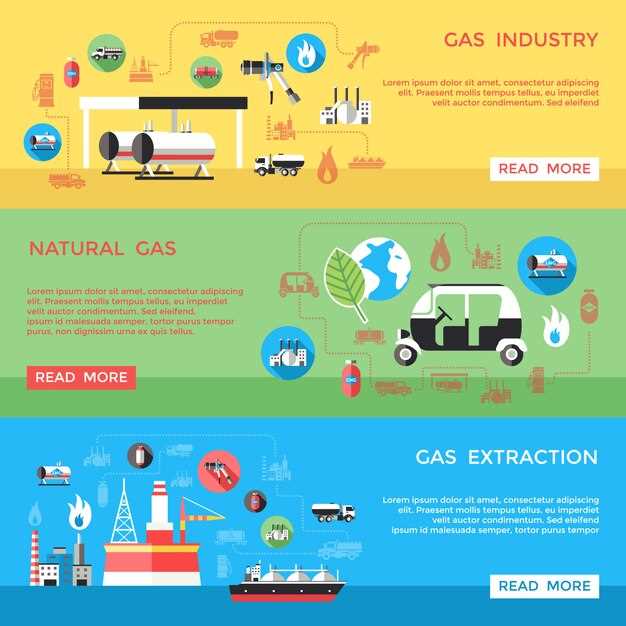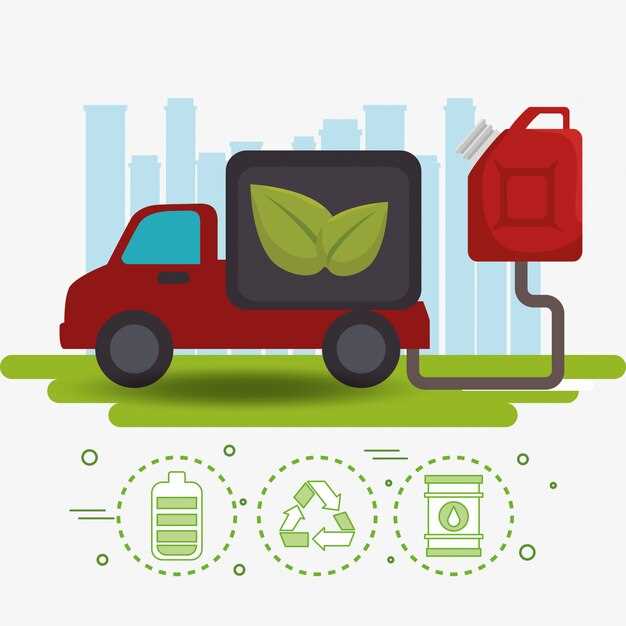
In recent years, the automobile industry has seen a significant shift towards sustainability, with hybrid trucks emerging as a viable alternative to traditional gasoline models. As consumers become increasingly aware of the environmental impact of their vehicle choices, understanding the differences between these two types of trucks is essential for making informed decisions. This article delves into the advantages and disadvantages of hybrid trucks compared to their gasoline counterparts, examining factors such as fuel efficiency, performance, maintenance costs, and overall environmental footprint.
Fuel efficiency is one of the most notable benefits of hybrid trucks. Combining an internal combustion engine with an electric motor allows hybrids to achieve significantly better miles per gallon (MPG) ratings than traditional gasoline trucks. This increased efficiency translates into lower fuel costs over time, making hybrid models attractive for both personal and commercial use. Furthermore, as fuel prices continue to fluctuate, a hybrid truck can provide substantial savings over the vehicle’s lifetime.
However, it is essential to consider performance when comparing hybrid and gasoline trucks. While many modern hybrids offer solid acceleration and handling capabilities, gasoline models often excel in towing capacity and payload limits. This is particularly relevant for truck owners who rely on their vehicles for heavy-duty tasks. Additionally, the varying powertrains in hybrid trucks may present unique challenges in extreme conditions, such as towing uphill or navigating rugged terrain.
Maintenance costs are another vital aspect to consider. While hybrid trucks benefit from fewer moving parts in their electric components, they may require specialized training for repairs and maintenance. Gasoline models, on the other hand, have a more established service network, which could translate into lower costs and quicker repairs for owners. Ultimately, evaluating these factors will help consumers decide which type of truck best meets their needs and values.
Fuel Efficiency and Cost Analysis of Hybrid vs. Gasoline Trucks

Fuel efficiency is a crucial factor in determining the overall cost-effectiveness of trucks. Hybrid trucks utilize both an internal combustion engine and an electric motor, while traditional gasoline models rely solely on the combustion engine. As fuel prices fluctuate, understanding the differences in fuel efficiency between these types of vehicles becomes essential for consumers and businesses alike.
Fuel Efficiency
Hybrid trucks typically achieve significantly higher miles per gallon (MPG) ratings compared to gasoline models. For instance, a hybrid truck may average around 20-25 MPG in city driving and 30-35 MPG on the highway, depending on the model and driving conditions. In contrast, traditional gasoline trucks usually fall within the range of 15-20 MPG in the city and 20-25 MPG on the highway. This difference can translate into substantial fuel savings over time.
Annual Fuel Costs
To illustrate the cost benefits of hybrid trucks, consider an average annual mileage of 15,000 miles. A gasoline truck averaging 18 MPG would require approximately 833 gallons of fuel annually. At a fuel cost of $3.50 per gallon, the annual fuel expenditure would be around $2,915. Conversely, a hybrid truck achieving 25 MPG would only need about 600 gallons for the same distance, costing approximately $2,100. This results in a potential savings of $815 each year.
Initial Investment and Long-Term Savings
While hybrid trucks often come with a higher upfront cost–ranging from $3,000 to $10,000 more than their gasoline counterparts–these costs can be offset by the fuel savings over time. Additionally, many governments offer tax incentives and rebates for hybrid vehicle owners, further mitigating the initial financial burden.
Maintenance Costs
Maintenance costs can also differ between hybrid and gasoline trucks. Hybrid vehicles may require less frequent maintenance for the engine, as the electric motor can reduce wear and tear. However, hybrid systems may incur additional costs related to battery replacement after several years of use. In contrast, gasoline engines may require traditional maintenance like oil changes more frequently, which can accumulate over the vehicle’s lifespan.
Environmental Considerations
The environmental impact of fuel choice is an increasingly relevant factor in the decision-making process. Hybrid trucks generally produce fewer emissions compared to gasoline models, contributing to lower carbon footprints. For eco-conscious consumers and businesses, this can be a compelling reason to choose hybrids despite the initial cost difference.
In conclusion, while hybrid trucks typically present a higher initial purchase price, their superior fuel efficiency and potential long-term savings on fuel and maintenance can make them a financially sound choice. Evaluating both immediate costs and long-term benefits is vital when choosing between hybrid and gasoline trucks.
Maintenance Requirements and Longevity of Hybrid and Gasoline Trucks
When comparing hybrid trucks to gasoline models, one key consideration is the maintenance requirements and overall longevity of each type. Hybrid trucks incorporate both an internal combustion engine and an electric motor, which leads to distinct maintenance needs compared to traditional gasoline trucks.
Maintenance Requirements:
Hybrid trucks generally have lower maintenance requirements for certain components due to their electric motor. For instance, the braking system often experiences less wear because of regenerative braking, which uses the electric motor to slow the vehicle, thereby reducing the frequency of brake pad replacements. However, hybrid trucks require specialized knowledge for service related to their electrical systems, which can sometimes lead to higher service costs if not performed by qualified technicians.
On the other hand, gasoline trucks usually have more straightforward maintenance routines, which include regular oil changes, filter replacements, and emissions checks. The parts used in traditional gasoline engines are widely available and understood, making repairs and maintenance often more accessible and sometimes less expensive.
Longevity:
In terms of longevity, hybrid trucks are designed with durability in mind, and their components, particularly the battery, have improved significantly over the years. Most manufacturers offer warranties of up to eight years or 100,000 miles on hybrid batteries, many of which can last even longer under regular use. The electric motor, having fewer moving parts, tends to require less maintenance and thus may contribute to a longer lifespan.
Gasoline trucks, while generally having a shorter lifespan concerning engine wear, can still achieve significant longevity if properly maintained. Engines that are regularly serviced can last well over 200,000 miles; however, this often depends on driving conditions, maintenance habits, and the overall quality of the vehicle. The availability of parts and service expertise also plays a vital role in maintaining older gasoline models.
In conclusion, while both hybrid and gasoline trucks have their advantages and disadvantages in maintenance and longevity, hybrids often benefit from lower maintenance on specific systems and the potential for longer lifespans due to advancements in technology. Conversely, gasoline models may offer simpler maintenance practices and broader service expertise but could require more frequent repairs and part replacements over time.
Environmental Impact of Choosing Hybrid Trucks over Gasoline Models

The environmental impact of choosing hybrid trucks over traditional gasoline models is significant and multifaceted. Hybrid trucks utilize both an electric motor and a gasoline engine, which leads to improved fuel efficiency and reduced emissions compared to their gasoline-only counterparts. This dual energy source allows hybrid trucks to consume less fuel, leading to a lower carbon footprint.
One of the primary environmental benefits of hybrid trucks is their reduced greenhouse gas emissions. Hybrid vehicles can produce significantly fewer carbon dioxide emissions, which is a vital factor in combating climate change. By operating more efficiently, hybrid trucks contribute to a decrease in the overall concentration of greenhouse gases in the atmosphere, thus helping to mitigate global warming impacts.
Additionally, hybrid trucks often emit fewer harmful pollutants, such as nitrogen oxides and particulate matter, which are detrimental to air quality and public health. Reduced exhaust emissions contribute to cleaner air, especially in urban areas, where heavy traffic is common. By opting for hybrid models, consumers can help decrease smog formation and respiratory issues in populated regions.
The manufacturing process of hybrid trucks also presents an environmental advantage. Although the production of hybrid vehicles can involve more complex materials, efforts are being made to improve the sustainability of battery production and disposal. Advancements in recycling technologies for lithium-ion batteries can further lessen the ecological impact. As manufacturers strive for greener production methods, the environmental performance of hybrid trucks is likely to improve over time.
In terms of resource conservation, hybrid trucks typically require less fuel over their lifecycle compared to gasoline models. This reduced fuel consumption can lead to lower demand for fossil fuels, contributing to the preservation of natural resources and reducing the ecological footprint associated with extraction and refining processes.
While hybrid trucks do have an environmental advantage, it is also essential to consider the energy source for charging electric components. In regions where electricity is derived from renewable sources, the overall environmental benefits are amplified. Conversely, if fossil fuels primarily generate the electricity, some of the gains may be offset. Therefore, the local energy grid’s sustainability is a critical factor in assessing the overall environmental impact of hybrid trucks.




